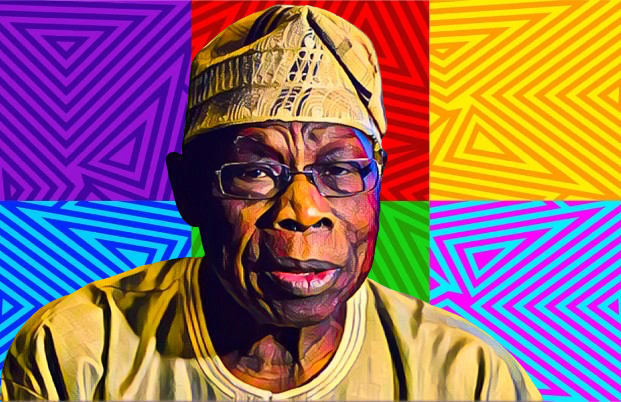KEY POINTS
- Obasanjo led Nigeria to historic debt forgiveness.
- Anti-corruption reforms convinced lenders to offer debt relief.
- Funds were redirected toward national development projects.
Former Nigerian President Olusegun Obasanjo actively described his efforts to secure Nigeria’s debt forgiveness between 1999 and 2007, highlighting his strategic approach and commitment to reforms that convinced foreign lenders.
Obasanjo’s strategic approach to securing debt relief
Obasanjo voiced worries about corruption and a lack of leadership in Nigeria in an interview with News Central TV published on Friday. He emphasised that to obtain debt relief, leaders must make a compelling case.
According to Obasanjo, he persuaded international lenders of Nigeria’s dedication to ethically using the money saved from debt relief for sustainable development. He emphasised that corruption and poor planning had prevented many succeeding governments from presenting a strong case for debt forgiveness.
How Obasanjo’s economic strategy secured $45bn in reserves
When Nigeria took office in 1999, it had only $3.7 billion in reserves and a total debt load of approximately $36 billion, with an annual debt payment expense of $3.5 billion. Due largely to his successful attempts to obtain debt relief, Obasanjo claimed that by the end of his term, he had raised reserves to $45 billion and added $25 billion to the excess crude account, according to Punch.
“Reducing the nation’s debt load was one of my priorities when I was elected president,” Obasanjo stated. “Without lowering the principal, we were spending $3.5 billion on debt service. I went to the World Bank and our creditors to argue our case, even though many people didn’t think we could get debt relief.
Obasanjo remembered that foreign lenders did not feel compelled to help until borrowers showed that they were making real reform measures, such as cutting corruption and handling money sensibly. As part of Nigeria’s reform pledge, he put policies into place like the Economic and Financial Crimes Commission (EFCC) and the Independent Corrupt Practices and Other Related Offences Commission (ICPC).
Poor economic management and leadership challenges
International lenders “will listen when they believe you’re acting responsibly and transparently,” he added.
Obasanjo criticized certain state leaders for embezzling funds, emphasizing that borrowers, not lenders, must ensure responsible fund use.
Obasanjo bemoaned the rise of debt and the depletion of funds after he left office as he considered Nigeria’s current predicament. He blamed weak economic management and corruption for these defeats.
In 2007, I left $25 billion in the surplus crude account and $45 billion in reserves. We no longer have that money, and our debt has increased since 1999. Why? Obasanjo said, “There is widespread corruption and poor leadership.”
Obasanjo made an argument in his evaluation of leadership challenges, “Leadership requires careful planning, not spontaneous announcements of untested ideas. Consistent and thoroughly researched policies are necessary for progress.”



